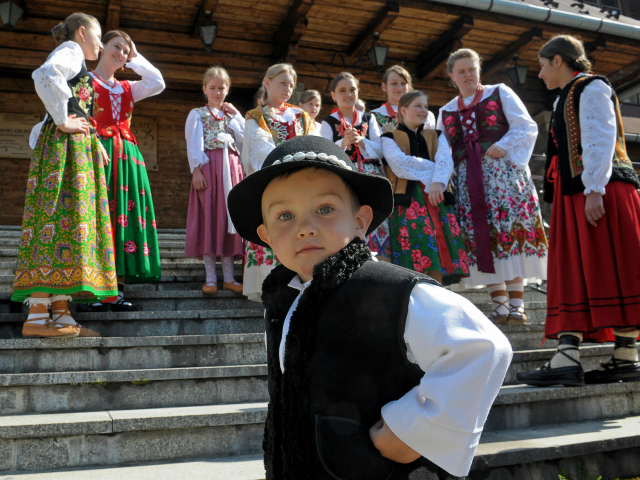Poland’s ambassador to the United Kingdom has urged his country’s expatriates to “seriously consider returning to their homeland” after Brexit.
Arkady Rzegocki wrote in an open letter to this nation’s some-830,000 Poles, advising them to register for settled status in the face of the end of free movement after Brexit, with just 27 per cent of Polish citizens living in the UK having already done so, reports the Metro.
Mr Rzegocki, who has represented his country in Britain since 2016 and is a member of Poland’s ruling conservative Law and Justice (PiS) party, added: “I also encourage you to seriously consider the possibility of returning to your homeland.
“The rapidly growing economy of our country creates more and more opportunities for citizens for development and good living conditions in the country.
“Soon, Great Britain, which has been home to thousands of Poles for generations, will most likely cease to be a member of the European Union – which we regret, but we also see this process as an opportunity to strengthen the bond between our two countries.”
Speaking to BBC Radio 4’s Today programme on Wednesday, the ambassador said: “Life standards are improving — they are much different compared to five to ten years ago. I think it is a very good opportunity to come back to Poland. I think you can achieve your goals in both Britain and Poland.”
Poland, which last September became the first post-Soviet bloc country to become a “developed market”, has joined fellow eastern European nation Hungary in increasing benefits and support for their citizens in order to encourage them to stay at home to work and raise families — a rejection of the western European globalist-progressive approach of encouraging immigration to more developed European nations and using mass migration from the developing world to ‘solve’ demographic deficits and decline.
In August, the Polish government announced it was going to scrap income tax on salaries up to 85,500 złoty (£18,200) a year — a decent salary for Poland — for under-26s to dissuade them from emigrating. Remarking on the two million Poles who have left the country since 2004 under free movement, Prime Minister Mateusz Morawiecki said: “It’s a gigantic loss. We have to draw the young people back.”
“Over the past 30 years Poland has asked too much of its young people and has not done enough to help them. Employers were not ready to raise salaries for their young workers, so we will do it through scrapping their income tax,” Mr Morawiecki added.
Hungary has adopted a number of social benefits to encourage young people to have families, recently offering loans of 10 million forints (£27,000) to married couples, with the debt cancelled if they have three or more children, while mothers and grandmothers who have raised four or more children will be exempt from income tax entirely for the rest of their lives.
The conservative Fidesz government, led by Prime Minister Viktor Orbán, was returned to power for a third consecutive term in April with a parliamentary supermajority after promising to introduce more family-friendly policies for Hungarians and to fight mass migration.
Last week, the leader of Poland’s PiS Jarosław Kaczyński pledged on the campaign trail to increase social benefits for Poland’s citizens, including increasing minimum wage and payments to retirees.
Poles will be going to the polls on October 13th, with recent polling putting the conservative governing PiS in the lead, with between 45 per cent (Pollster poll) and 48 per cent (Kantar poll) of the support of the Polish people — 15 and 19 points ahead, respectively, per poll, of the next rival the liberal-progressive Civic Coalition (KO).

COMMENTS
Please let us know if you're having issues with commenting.